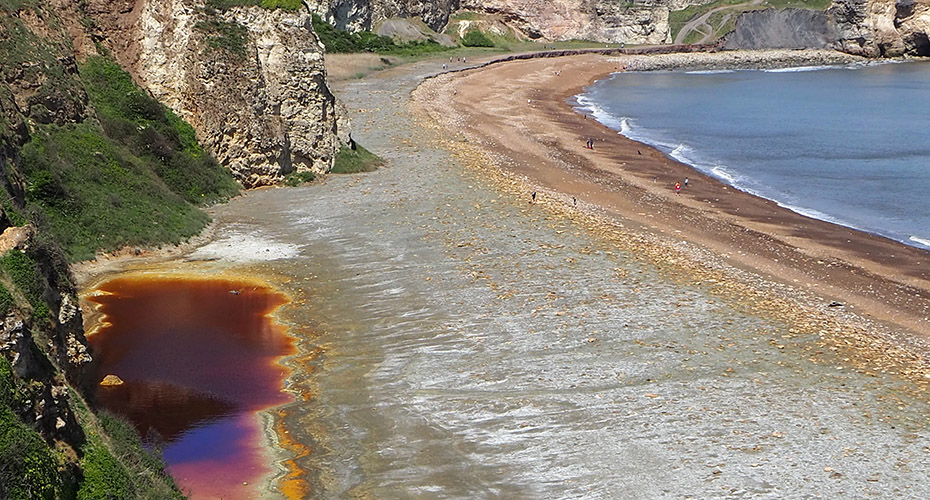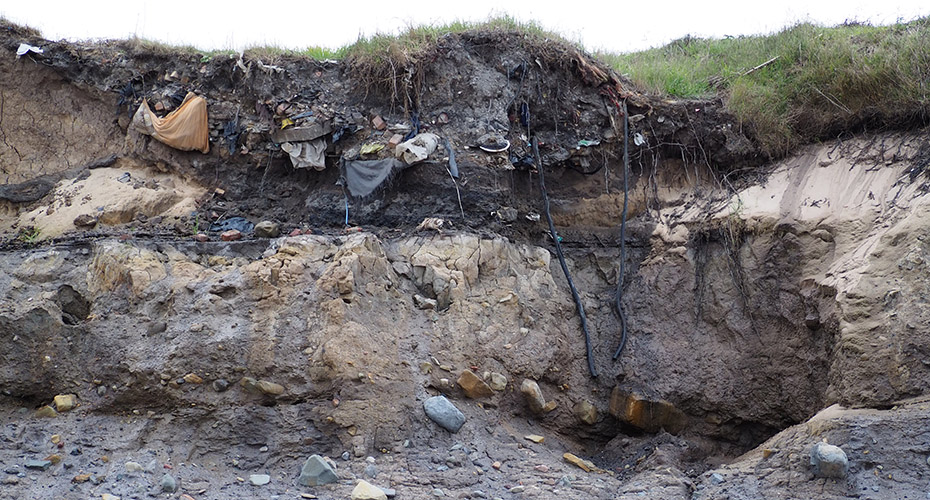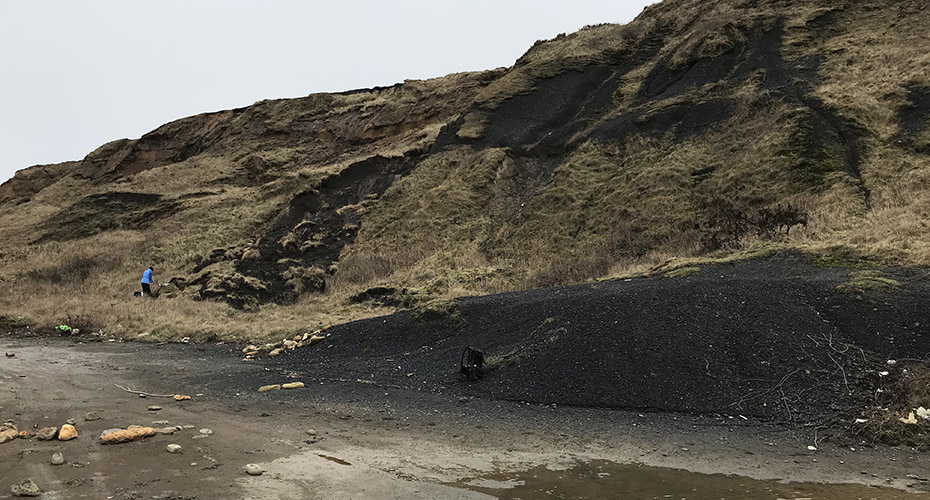Legacy wastes in the coastal zone: Environmental risks and management futures
Research overview:
Historical waste disposal often took place with little regard for environmental impacts. Waste was often deposited in landfills that could release pollutants to the surrounding environment. These ‘legacy landfill’ sites are a particular concern in coastal areas where they are likely to be affected by increased flooding, greater erosion and more extreme cycles of wetting and drying as our climate changes. Given the UK's rich industrial past, there are a wide range of legacy wastes deposited in estuarine and coastal settings such as:
- municipal waste
- mine wastes
- steel industry by-products and
- metal-rich wastes from smelting and chemical process wastes.
Managing such environmental issues is of critical importance, but currently we do not have a systematic framework by which we assess and understand the nature of the risks posed by different waste types in coastal areas.
This NERC-funded project brings together a team of researchers from the Universities of Newcastle, Exeter, Glasgow, Hull, Leeds, Liverpool John Moores and Plymouth, together with the Centre for Ecology and Hydrology, specialising in assessing the environmental risks of legacy wastes. The team is supported by project partners the Coal Authority, Contaminated Land: Applications in Real Environments (CL:AIRE), Environment Agency, National Trust, Natural Resources Wales, Royal Haskoning DHV and the Scottish Environmental Protection Agency (SEPA).
Key objectives:
- To provide a national assessment of the environmental risks associated with legacy landfills in the coastal zone, including an overview of the different types of waste in coastal landfills, an assessment of the broad risks posed by them, and consideration of potential options for resource recovery from these sites.
- To provide a framework for effective management of these risks now and in the future.
Impact:
Effective long term management of legacy wastes relies on many different agencies working together (e.g. councils, regulators, land owners, engineers). The project will bring various stakeholders together in different parts of the UK to evaluate approaches to remediation, and consider management priorities put forward by the early stages of the project.
A series of workshops will take place in the different administrations of the UK to produce a national management framework for legacy wastes in the coastal zone.

This project is the first to provide a comprehensive national assessment of the environmental risks associated with legacy municipal, mining and industrial wastes in the coastal zone. We are conducting spatial, geochemical, mineralogical and ecological research to characterise these risks and to provide a framework for managing them effectively now and into the future.
Professor Karen Hudson-Edwards
Riley, A. L., MacDonald, J. M., Burke, I. T., Renforth, P., Jarvis, A. P., Hudson-Edwards, K. A., ... & Mayes, W. M. (2020). Legacy iron and steel wastes in the UK: Extent, resource potential, and management futures. Journal of Geochemical Exploration, 219, 106630.
University of Exeter: Richard Crane, Karen Hudson-Edwards, Elin Jennings, Patrizia Onnis.
UK Centre for Ecology and Hydrology: Stephen Lofts, Heath Malcolm, Justyna Olszewska, Bryan Spears
Glasgow University: John MacDonald
University of Hull: Will Mayes, Alex Riley
University of Leeds: Ian Burke
Liverpool John Moores University: Patrick Byrne
Newcastle University: Jaime Amezaga, Catherine Gandy, Adam Jarvis, Elizabeth Lewis
University of Plymouth: Sean Comber
Legacy Wastes in the Coastal Zone website



